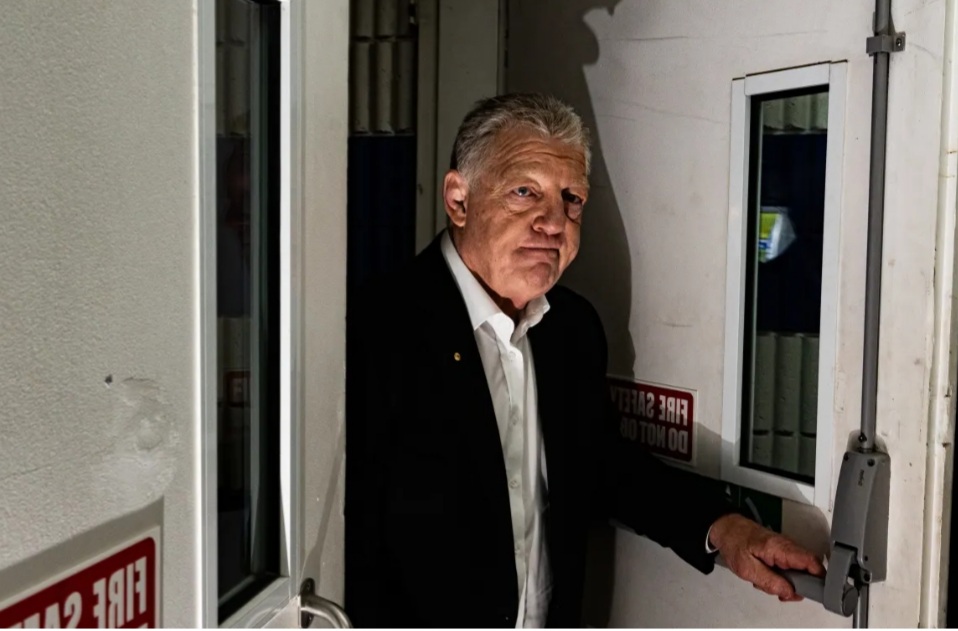
Gould’s No-Show Raises Eyebrows as NRL Launches Explosive Salary Cap Overhaul
When the NRL made the long-overdue decision to review its salary cap system, one of the first calls went to Phil Gould — a name synonymous with both league intellect and criticism of the current cap structure. Known for his outspoken views and vast experience in the game, Gould’s inclusion signaled that the league was serious about diving deep into reform.
But this salary cap review is just one of several committees the NRL has recently set in motion. From junior development pathways to player agent accreditation and even the NRLW’s future, the governing body is canvassing the sport’s most experienced minds. Senior club officials like Penrith’s Matt Cameron, Melbourne’s Frank Ponissi, and the Warriors’ Dan Floyd have already been tapped for their knowledge and strategic input.
Still, Gould’s invitation stands out. Now serving as Canterbury’s general manager of football, his years of calling out flaws in the cap system have made him a polarising, yet essential, voice. Alongside Cronulla coach Craig Fitzgibbon, Broncos CEO Dave Donaghy, Rabbitohs boss Blake Solly, veteran agent David Riolo, and Dragons chairman Andrew Lancaster — who chairs the panel — the NRL is bringing together a broad spectrum of stakeholders to help shape the next chapter of the game’s financial rules.
NRL chief executive Andrew Abdo emphasized the importance of this diversity at the Beanie for Brain Cancer round launch, saying: “It’s useful to get the views of people that have different roles from different clubs that have been in the game for a significant period of time. The salary cap hasn’t been reviewed in at least a decade, and the game has evolved dramatically.”
Interestingly, Gould was absent from the committee’s first meeting — a session that included a look at international models like the NBA’s “stretch provision”, which allows clubs to ease salary burdens by spreading payouts over several years. For instance, if a player on a massive deal is released early, a team can distribute the financial hit across more seasons, offering both flexibility and relief.
For someone like Gould, who has long argued that innovation is stifled in rugby league’s financial structure, this is an opportunity not to be missed. After years of lamenting the system, he’s now in a position to help fix it — if he chooses to show up.



